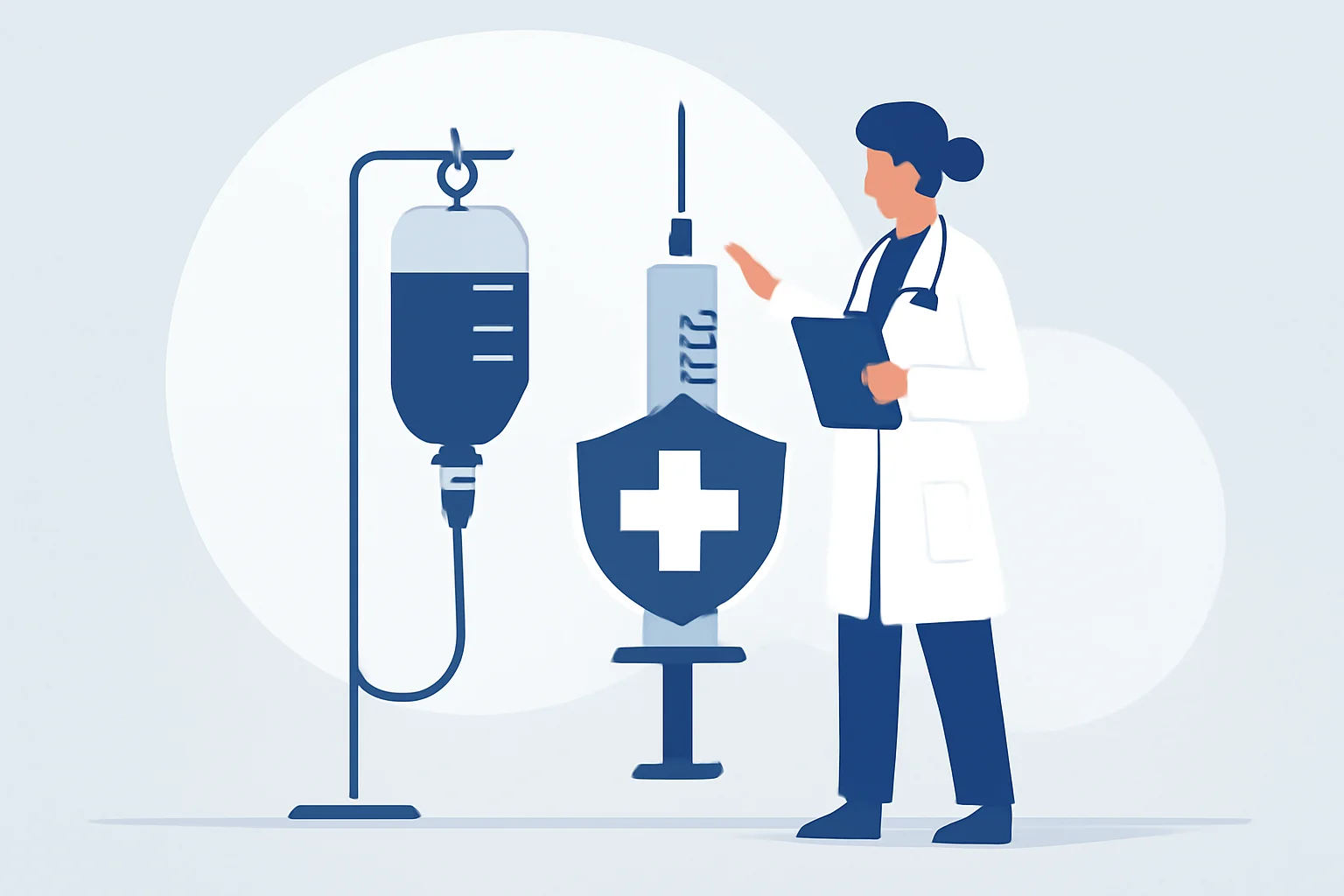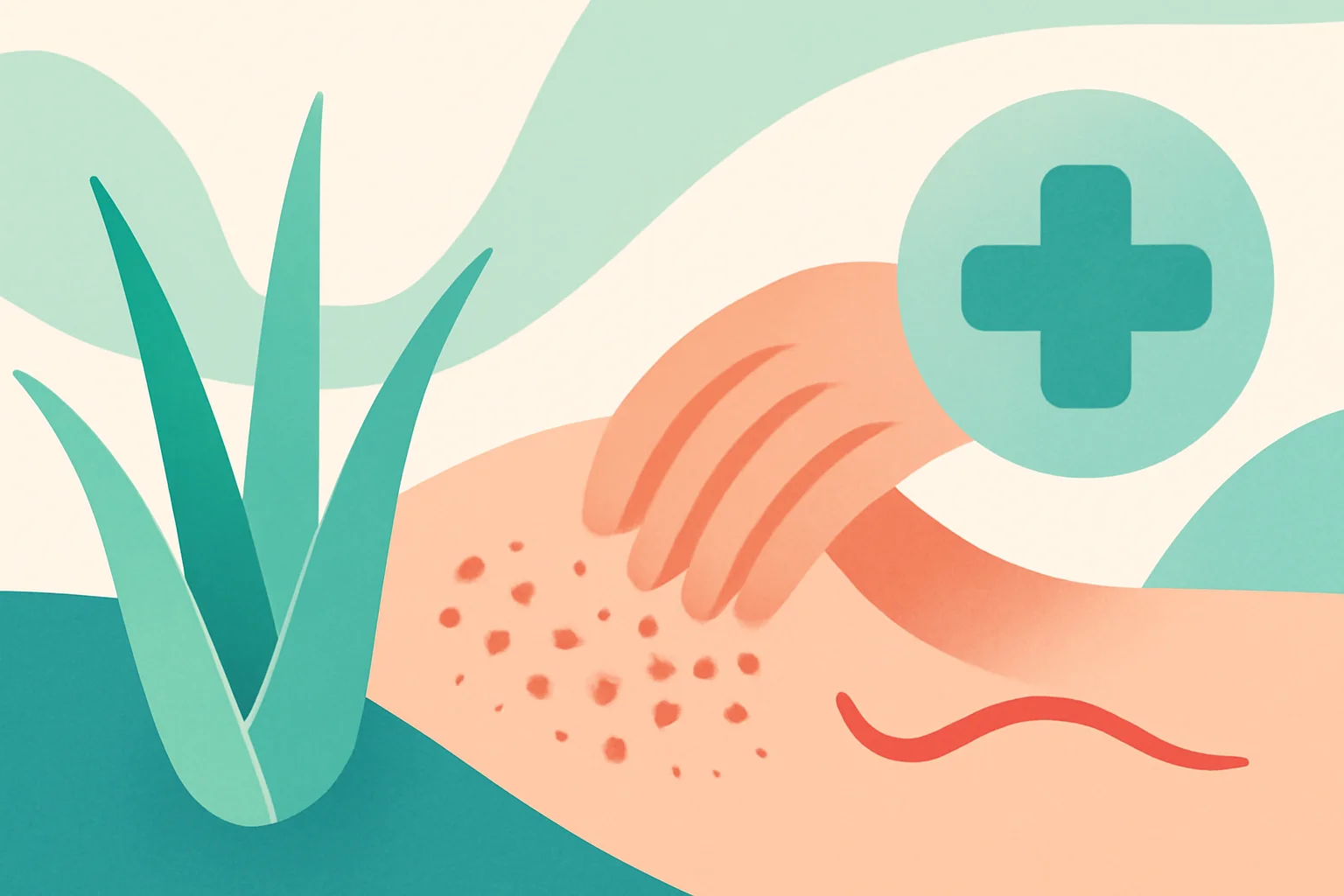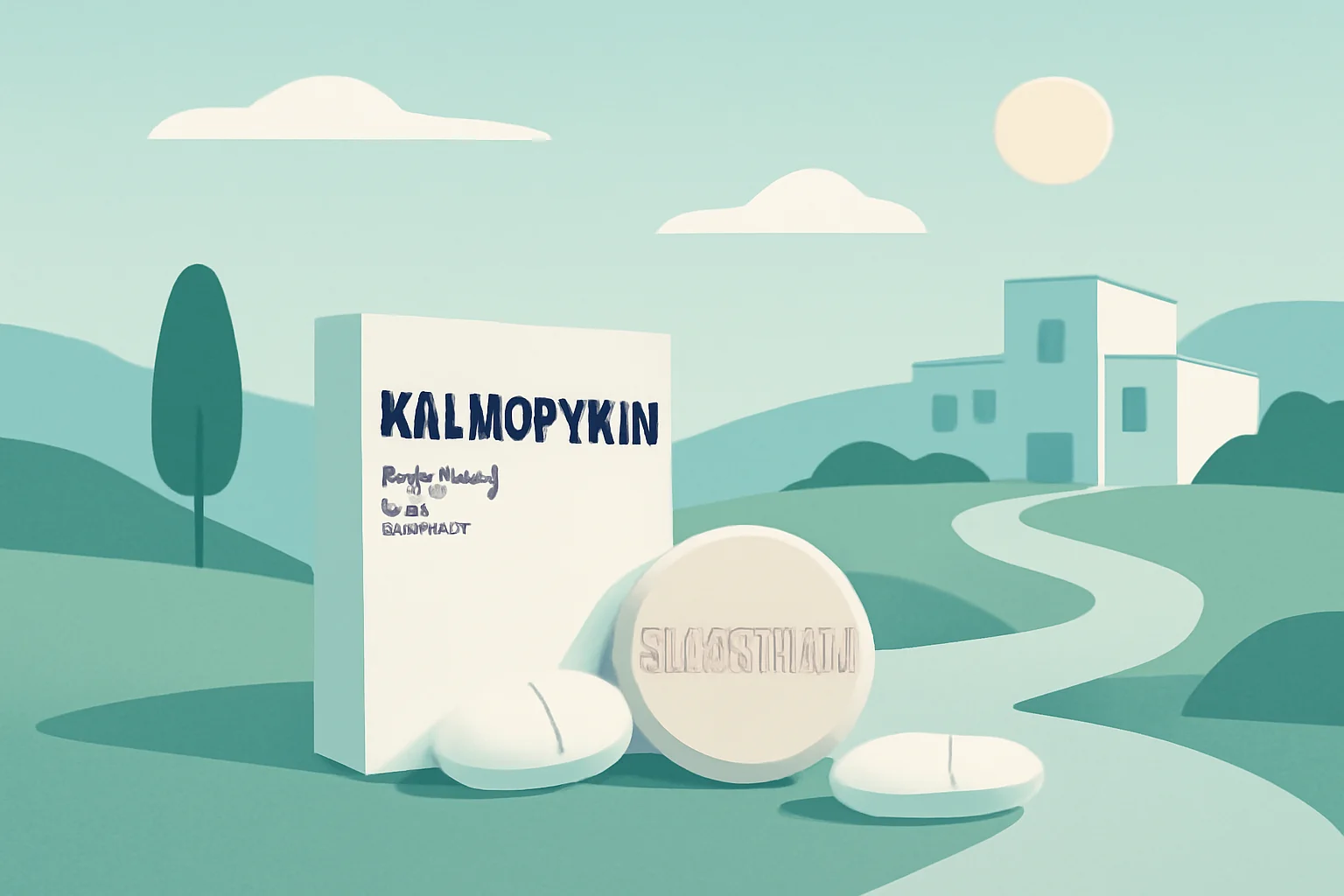
Infusion or vaccination: Which is the more effective form of defense?
The continuous development of modern medicine allows for the application of various treatment methods and procedures for the prevention and treatment of diseases. Choosing the appropriate form of treatment is particularly important, regardless of the health issue at hand. Infusions and vaccinations are two procedures that often arise during patient care, and while both aim to protect and heal the body, there are fundamental differences between them.
Infusions generally refer to the intravenous administration of fluids, nutrients, or medications, while vaccinations contain immunizing agents designed to stimulate the body’s immune response against a specific disease. Various aspects must be considered when applying infusions and vaccinations, including the patient’s condition, the purpose of the treatment, and potential side effects. Below, we will examine these two procedures in more detail to better understand when and why they are used.
The Role of Infusions in Medicine
Infusions are one of the essential tools of modern medicine that improve patients’ conditions and assist in the healing process. These procedures allow for the direct delivery of necessary nutrients, medications, or fluids into the bloodstream, ensuring faster and more effective absorption.
Infusion treatments cover a wide spectrum. For example, in cases of dehydration, the infusion of saline can help restore the fluid balance in the body. Additionally, chemotherapy drugs are often administered in infusion form, as this allows for precise dosing of medications and minimizes side effects.
One of the main advantages of using infusions is that they provide the opportunity for continuous, controlled delivery of nutrients and medications. This can be particularly important in cases where the patient is unable to take necessary substances orally, such as after surgeries or during severe illnesses.
It is important to note that during infusion treatments, professionals monitor patients’ reactions, as immediate intervention may be necessary in case of any side effects or complications. Thus, infusions not only enable rapid and effective medication delivery but also offer the opportunity for continuous monitoring of the patient’s condition.
The Importance of Vaccinations in Public Health
The role of vaccinations in public health is invaluable. The goal of immunization is to stimulate the body’s immune response against a specific disease, thereby reducing the incidence of illness and preventing outbreaks. Vaccinations exist in various forms and with different components, many of which have provided protection against the most dangerous diseases for years.
The functioning of vaccines is based on teaching the immune system how to recognize and combat pathogens. Vaccines typically contain weakened or inactivated viruses, bacteria, or parts of them, which help generate an immune response in the body. Thanks to this response, the body can react quickly and effectively to future infections.
Another important aspect of vaccination is that they help promote community immunity. When enough people are vaccinated, the spread of disease significantly decreases, thus protecting those members of the community who cannot receive vaccinations for health reasons. Therefore, vaccination is crucial not only from an individual perspective but also from a societal standpoint.
Information regarding vaccinations is continuously evolving, making it essential for the public to stay informed about vaccination recommendations as well as potential side effects of vaccines. Based on scientific research and epidemiological data, vaccines are considered safe and effective, as they are regarded as one of the greatest achievements of modern medicine.
Infusions vs. Vaccinations: The Key Differences
Although both infusions and vaccinations play important roles in patient care, they fundamentally differ from one another. The purpose of infusions is to deliver nutrients, fluids, or medications directly into the body, while vaccinations target the immune system to recognize and combat pathogens.
Infusions are typically applied in acute situations, such as when a patient is dehydrated or requires urgent medication. In contrast, vaccinations are more preventive in nature, aiming to prevent diseases and protect public health.
While infusions generally take place in a medical environment, vaccinations are more widely available, often in public health institutions, schools, or local clinics. The administration of vaccines is usually a one-time event, whereas infusion treatments often require multiple interventions depending on the patient’s condition.
Additionally, in the case of infusions, side effects are directly related to the administered substance, whereas side effects from vaccinations are generally milder and temporary, such as fever or pain at the injection site.
Overall, both procedures play vital roles in healthcare, and their appropriate application depends on the patient’s condition, the purpose of the treatment, and the circumstances.
Warning: This article does not constitute medical advice. Always consult a specialist for health issues.

